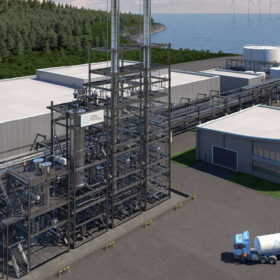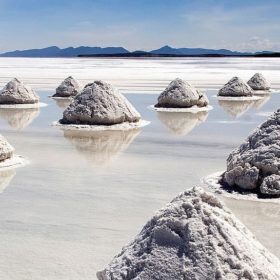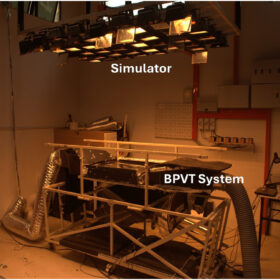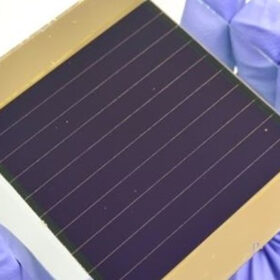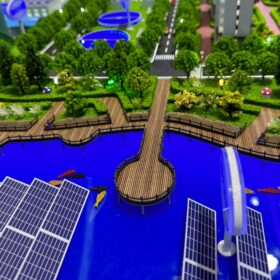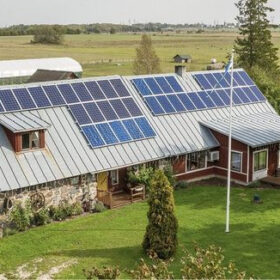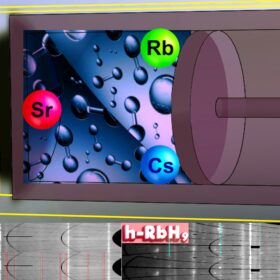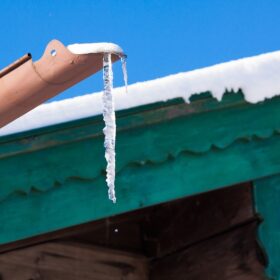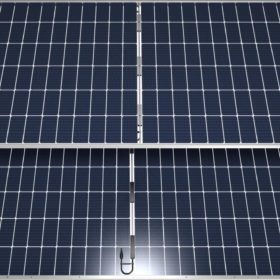Will the green hydrogen dream take shape?
After a global flurry of green hydrogen announcements, fuel cell company insolvencies, and a sharp market reassessment, solar developers are questioning near-term green hydrogen demand. pv magazine’s Carrie Hampel takes a look at the international landscape.
Bolivia’s YLB signs lithium deals with Russian, Chinese companies
The agreements provide for the installation of carbonate industrial plants in the department of Potosí, which will receive royalties and investments of around $2 billion.
Cooling bifacial PV thermal solar panels with jet impingement
Scientists created a model to study bifacial PV thermal (BPVT) solar panels using jet impingement and built an experimental setup to validate it. They achieved a thermal efficiency of 62.28%, while electrical efficiency peaked at 11.22%.
Perovskite solar module achieves 21.44% efficiency via new passivation tech
Researchers have developed a novel passivation process for formamidinium lead iodide perovskite films, which reportedly resulted in solar cells with 23.69% power conversion efficiency, and modules with 21.44% certified efficiency. After 1000 hours, the hetero-polytypic passivated devices maintained 92% of their initial efficiency, outperforming untreated devices.
Assessing floating PV costs across Europe
Researchers have analyzed the viability of floating PV in terms of net present value, internal rate of return, and LCOE. They included 25 European countries in their work, including Germany, the United Kingdom, Spain, and Italy.
Solar leading Baltic states to energy security
In recent years, the Baltic countries have experienced a solar generation boom as the region seeks to kill two birds with one stone. These nations aim to break away from years-long energy dependence on Russia amid growing security concerns while also continuing to prioritize the green energy transition.
The Hydrogen Stream: Russian researchers propose hydrogen extraction from gas wells
While a team of Russian researchers proposed a novel approach to produce hydrogen directly in gas wells, Plug Power and CPH2 secure certification for the hydrogen systems.
Researchers propose use of cesium, rubidium for hydrogen batteries
A study led by Russia’s Skoltech and China’s HPSTAR suggests that rubidium and cesium additives could improve the efficiency of hydrogen batteries. Researcher Dmitrii Semenok tells pv magazine that “it is a question of changing the approach to the search for promising hydrogen storage materials.”
New model to predict defrost cycles, behavior of air-sourced heat pumps in cold weather
UK-based researchers have developed a novel method to estimate the amount of defrost cycles a heat pump will experience in the winter and how much energy it would require to implement the cycles. The results of their simulation showed a strong relationship between the number of defrost cycles and the ambient temperature.
Hevel Solar unveils 450 W heterojunction solar panel with M6 cells
Russia’s Hevel Solar said its new modules are based on 166 mm x 166 mm half-cut cells. They reportedly have a bifaciality factor of 90% and a temperature coefficient of -0.26% per degree Celsius.
